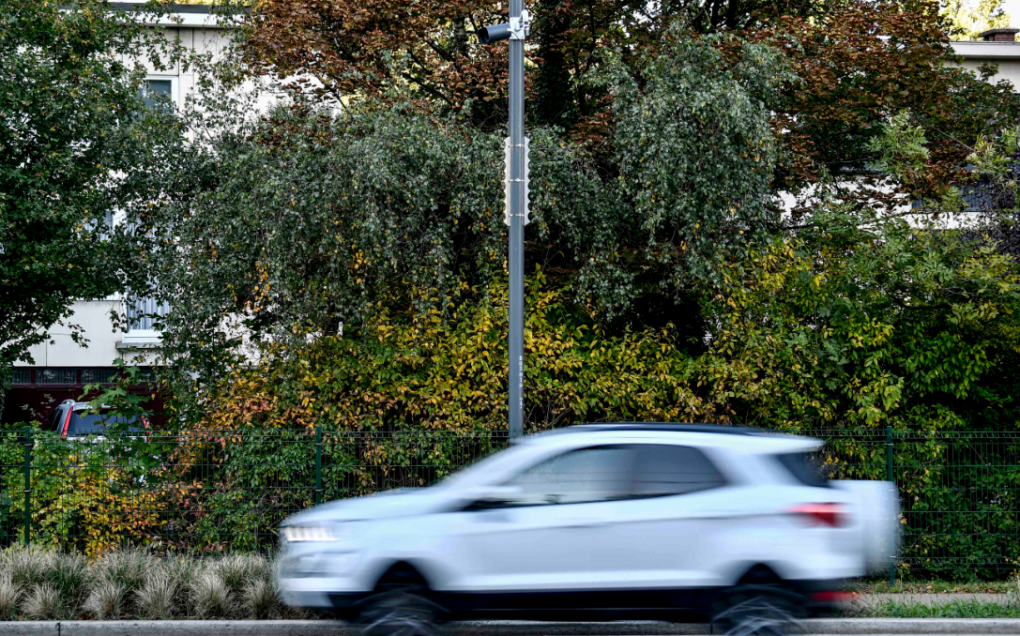Drivers can currently reach up to 127 km/h on Belgian motorways and still not receive a fine for speeding. Traffic institute Vias argues that this tolerance margin should be halved as speed cameras are becoming more accurate.
The speed limit on Belgian motorways is 120 km/h, however, many drivers set their cruise control at 127 km/h, knowing they will not get a fine because of the tolerance margin in place. Above 100 km/h this is 6%, while up to 100 km/h, motorists can drive up to 6 km/h faster.
This means that, when people receive a fine for going 2 km/h over the speed limit, they were not driving 52 km/h or 72 km/h, but closer to 60 or 80 km/h. This margin was put in place because older speed cameras were sometimes inaccurate in their calculations, resulting in people receiving unjustified speed fines.
However, Vias argues that with the current generation of speedometers, this is no longer the case, because they no longer measure the speed at a certain point. Now, the speed to cover a certain distance is covered, taking into account the maximum speed limit on the road.
"On a 15-km stretch of motorway, it is 0.17 km/h. Negligible, in other words," Vias spokesperson Stef Willems told Het Nieuwsblad. Meanwhile, one in three fatal road accidents are still due to excessive speed, highlighting the need for more measures to combat the issue.
'Make more people obey the speed'
The institute therefore wants the tolerance limit for speed camera checks to be halved to 3% or 3 km/h, as is already the case in the Netherlands, amounting to 124 km/h on motorways in Belgium.
Willems stressed that he is not advocating "more speed cameras", or more money for the State. "We often hear these arguments. But the point is that enforcement will make more people obey the speed. Lower tolerance will certainly bring down the average speed along with it," he said. Especially in built-up areas, driving a little slower can immediately make a big difference in terms of impact.
Mobility Minister Georges Gilkinet (Ecolo) is in favour of the proposal but noted it will not be realised this coalition period as the elections are just weeks away. Meanwhile, local police districts have argued that it will only add to the administrative workload.

